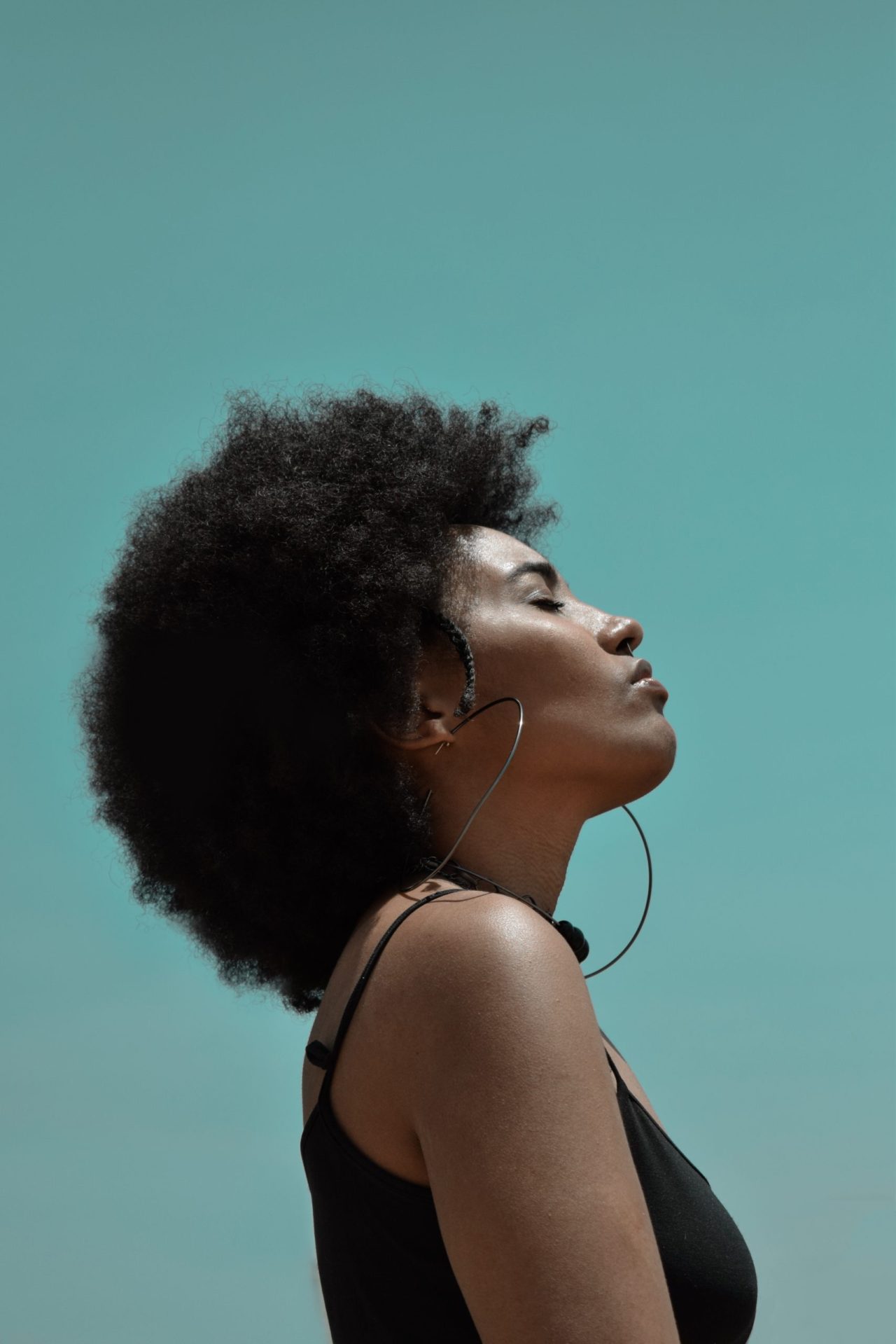
My Natural Hair Is Powerful, And I Will Never Let Anyone Convince Me Otherwise Again
When a Black woman wears her hair in its natural state, it’s a fashion statement. It is her way of telling the white man to “FUCK OFF.” As we all know, it was the white man who gave us the impression that our hair does not fit beauty standards. In early African civilization, our hairstyles could indicate a person’s family background, tribe, and social status; in the words of Lori Tharps, our hair could tell you “everything about a person’s identity, just from looking at the hair.” Lori Tharps co-wrote the book Hair story about the history of black hair.
Why is our hair bigger than a fashion statement?
Black hair has played a vital role within history, as it brings families together, creates jobs and economic growth, but most importantly, it is shaping the younger generation, giving them POWER. It is helping children by giving them a sense of self, letting them be aware at a young age that their hair is different from a Caucasian kid, but it is still beautiful and different. It’s powerful, as in “Who wants to look like everyone”.
Why did I decide to grow my hair natural?
I grew up in a predominantly white area. I was surrounded by white people until the age of 17. The only definition of beauty I encountered growing up was in the form of a European white girl. I thought having long, straight hair was much more desirable than having an afro, that you had to chemically straighten it to get it to lay down like a white girl’s hair. My straighteners were my best friends in my pre-teen years. I can recall myself waking up an hour early just so I could straighten my hair before school and my mother just screaming at me in horror at the sight of me straightening my hair. I could never wrap my head around her anger at me for using the straighteners; at the time, I thought she did not want me to look “beautiful,” or what I called beautiful back then.
At the age of 17, I had to change schools, and that was the beginning of my journey to rediscovering myself, as this new school was much more diverse than my last one. I for once wasn’t a minority amongst my classmates. It was somewhat comforting knowing that I could walk into a class and not be the odd one out for having braids or just looking different. I have to note that I did stop having my hair in braids at the age of 14, because I had convinced myself that braids did not look beautiful, that they were foul and burning my hair straight was much more appealing. In this new school, I found myself making friends with people of all ethnicities, although at times I did struggle to fit in with the Black community. Especially with the Black girls, as they always found me “too white,” meaning that I was well-spoken and well-read and had traveled more widely than some of them at the school. I listened to One Direction while they listened to musicians such as Stormzy and Drake and many more R&B artists that I can’t remember off the top of my head.
The summer before attending university, I took a trip to Ghana, my birth country. If I’m honest, that trip opened my eyes to African culture and made me realize how the media has been deceitful in its representation of Africa in the western world.
August 2019 marks the month I finally said NO to the hair relaxer. I was tired of not being my real self and being true to who God intended me to be. How can I advocate for Black women particularly about their hair when I was still using a relaxer? Before starting this hair journey, you must know that it took a lot of self-evaluation, delving into how I perceive myself and how others perceive me to be. Before starting this journey, I lived a life so disconnected from who I was that I lost myself on the way. For example, I was studying a degree that caused me so much anxiety, stress, and depression just because I wanted to prove people wrong. I wanted to prove my worth to those who doubted my intelligence and capabilities, so I studied for a prestigious degree at a Russell Group university. My whole life I felt lonely growing up in an area where no one looked like me.
June 2020 was when I finally cut off the chemically straightened hair and felt free. No longer chained to the idea of straight hair classified as beauty but instead accepting that my gorgeous tightly-curled hair that defies gravity was not just perfect but beyond perfect. In my opinion, my hair could do anything that a white person’s hair couldn’t do, and that gave me a sense of power. That HAIR is POWERFUL It is more than hair—it gives a person a sense of identity. MY AFRO makes me ME; it is part of me.
